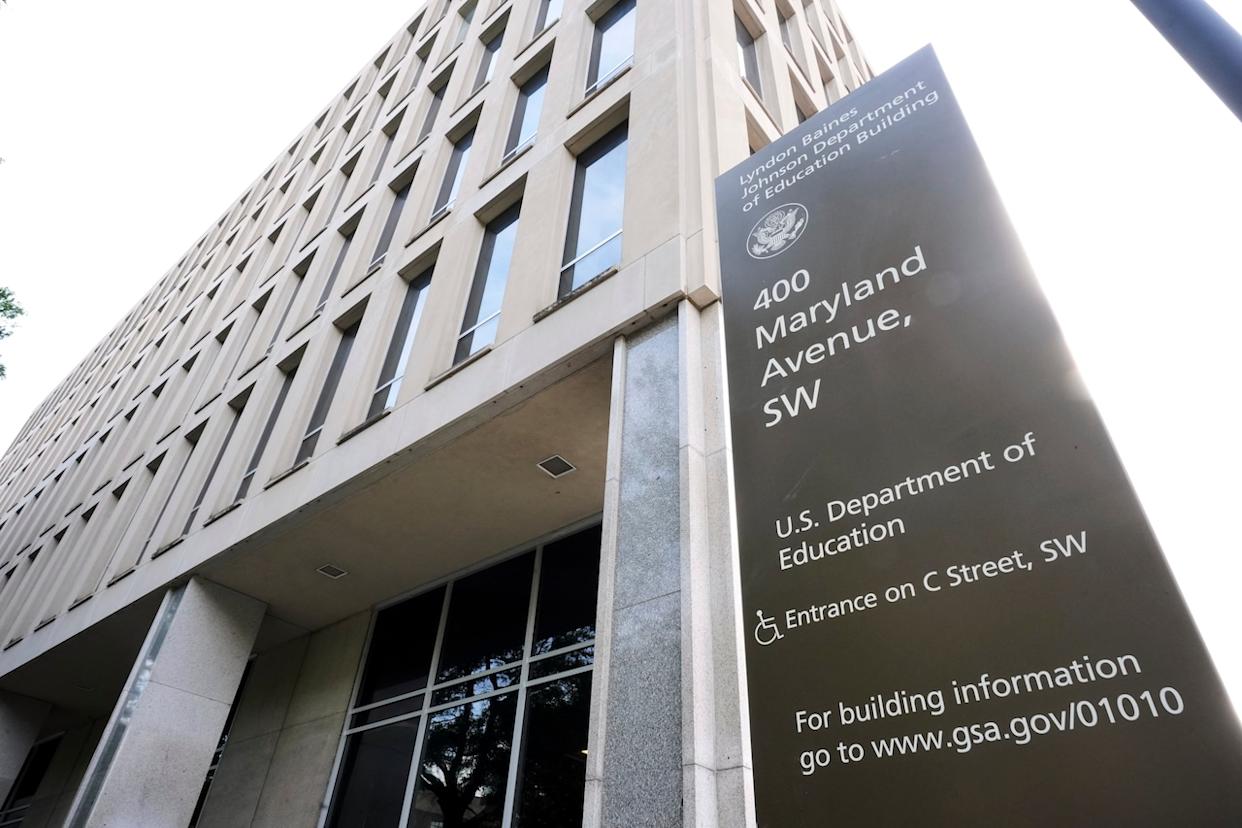Understanding Loans: What Borrowers Need to Know in 2025
Navigating the world of loans can be challenging, especially with ever-changing regulations and economic conditions. In 2025, borrowers face new challenges that affect not only their finances but also essential benefits. This article helps you understand how recent loan policy changes could impact your financial well-being.

Recent Changes to Loan Policies in 2025
Borrowers with outstanding federal loans, especially those in default, should be aware of significant policy updates this year. The government has resumed the Treasury Offset Program (TOP) after several years of suspension. This means that student loan borrowers in default could see up to 15% of their Social Security benefits garnished to repay their debts. For many older Americans, this adjustment comes at a crucial time when financial stability is paramount. According to a Yahoo News report, about 195,000 borrowers have already received notice, with millions more anticipated to be affected by the end of the summer.
How Wage Garnishment and Social Security Offset Work
If you default on your loans, wage garnishment and benefit offsets are possible consequences. Under the reinstated policy, not only wages but also Social Security checks may be reduced to cover unpaid student loans. The process guarantees that Social Security payments do not fall below a certain threshold, but many borrowers remain concerned. CNBC highlights the stories of individuals bracing for such measures, illustrating the emotional and financial toll. Read about their experiences in this detailed article.
Who Is at Risk?
Older Americans represent a growing proportion of those still carrying educational debt. The Department of Education estimates that nearly 2.9 million people over 62 owe federal student loans. A substantial number of these individuals face the risk of benefit garnishments, which could push some into financial hardship. For more insight into the impact on seniors, explore the Fast Company analysis on how older Americans are preparing for Social Security garnishments.
Steps to Protect Yourself
If you are a borrower in default, there are steps you can take. Review any official notices sent by the Department of Education or Treasury. You might be eligible to challenge the collections if you experience financial hardship or have a pending loan discharge. Acting quickly and staying informed can help minimize negative effects on your finances.
Conclusion: Stay Informed and Proactive
Loans are a vital financial tool, but the consequences of default can be severe, especially in 2025. Borrowers should remain vigilant, read government communications, and explore available options if they receive garnishment notices. Staying proactive ensures you're prepared to manage your loans and protect your economic future.